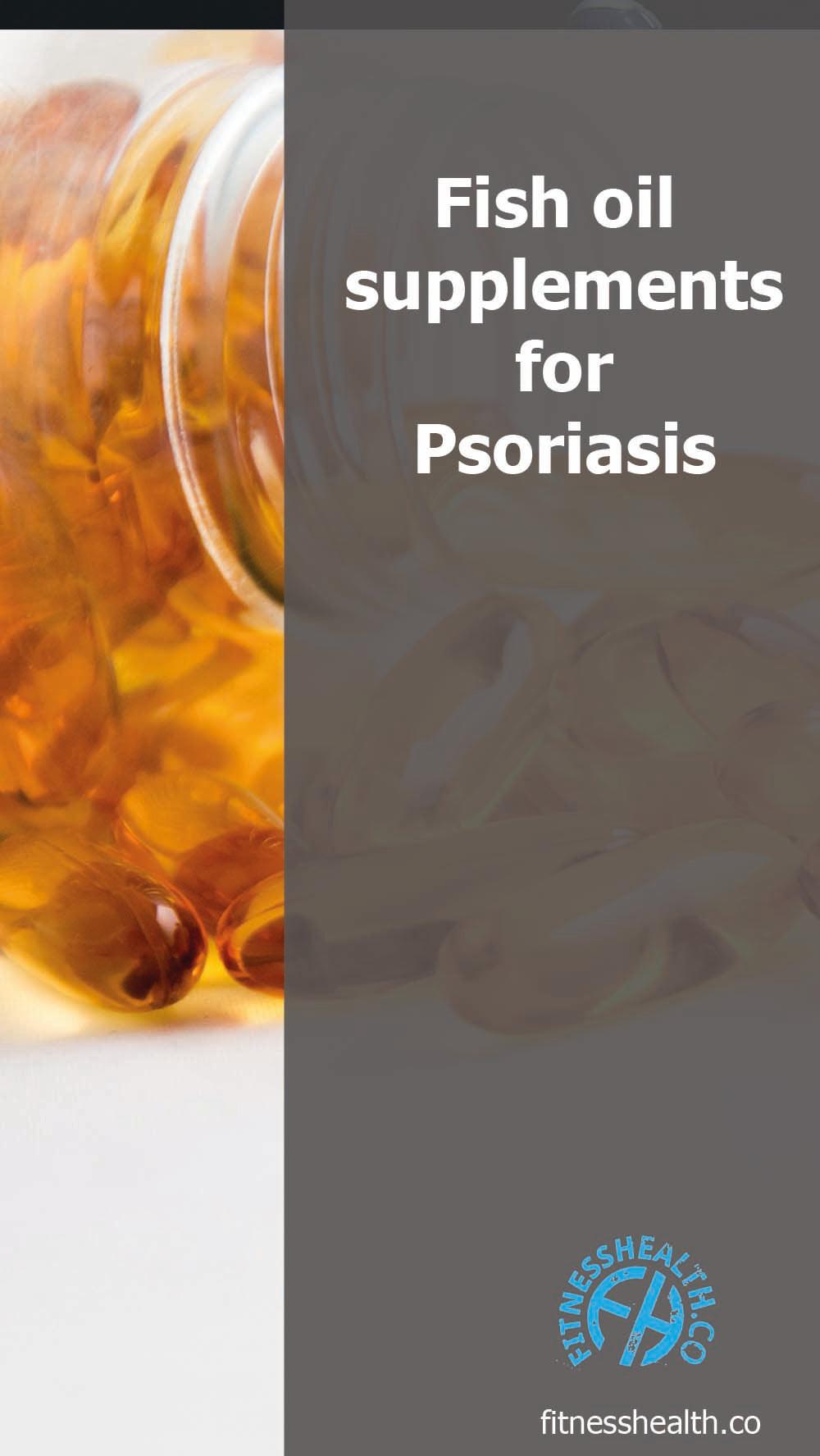Fish oil supplements are known to prevent and slow down heart diseases such as psoriasis. According to research, fish oil supplements were the most beneficial among all other nutritional supplements tested for psoriasis. Fish oil, or omega-3s, improve symptoms of psoriasis, however, it needs to be taken in a high amount.
The higher the dose, the better the results
There are two most effective types of fish oil supplements; eicosapentaenoic acid and docosahexaenoic acid. These supplements have proved to help overcome thickness, redness, and scaling in plaque and guttate psoriasis.
People suffering from psoriasis are given high doses of omega-3s. These are usually between 2.1 and 4.2 grams of eicosapentaenoic acid (EPA) and 8 and 21 grams of docosahexaenoic acid (DHA). On the contrary, a single fish oil capsule contains 500 to 1000 mg of EPA and DHA together.
Using fish oil supplements also improves skin within three to four months. The use of fish oil in psoriatic arthritis has shown that an intake of 3.3 grams reduces pain and stiffness to a certain extent.
What is more effective; Food or Supplements?
Research suggests that the human body is better able to absorb omega-3s from fish rather than capsules. Also, intake of fish twice a week gives many other nutritional benefits. However, other sources of omega-3s such as flax seeds and walnuts do not provide enough. Hence, fish oil supplements are needed.
Many doctors prescribe fish oil supplements along with adding salmon to their diet. It is, however, necessary to consult your doctor before taking any supplement especially when you are taking a high dose. A high dosage of omega-3s might lead to intestinal cramps, nausea, gas, and even diarrhea. These supplements may also increase the risk of bleeding in patients who take blood thinners.
Dosage
To get the proper benefit of omega-3s, you should make sure that EPA and DHA are in a balanced amount which is only found in fish oil supplements. Studies have reported that taking 250 mg of EPA and DHA per week can reduce the risk of cardiac arrest.
Doctors recommend that people should start taking fish oil supplements slowly. A gram of EPA and half a gram of DHA daily is enough to notice the changes in your skin. Fish oil supplements work best when taken during or after a meal. There are side effects of these supplements especially for people with psoriasis but they are quite mild. Still, it is better to ask your doctor to prescribe a certain dose to you.
Other sources for psoriasis
Researchers are still trying to find the best source of omega-3s apart from fish oil supplements. Supplements are an excellent option for those who do not eat seafood. Omega-3s is best absorbed when taken as natural sources though.
There are many other ways to get omega-3s into your diet. Some of these healthy food sources are salmon, sardines, herring, mackerel, walnuts, flaxseed oil, and chia seeds.
Currently, there is no study showing one source of omega-3 is better than the other. You can always choose the source by your preference.
Conclusion
It is not always necessary that people with psoriasis may benefit from fish oil supplements. They might not work for everybody, hence scientists are still working to find the best source of omega-3 and how well they affect psoriasis.
Where eating fish is better in terms of nutrition, fish oil supplements are also very effective. Some studies do suggest that fish oil supplements improve cardiovascular health. It is safe to use them under a doctor’s supervision.
There is no significant risk of fish oil supplements as studied, yet the most common side effect noted is nausea, diarrhea, indigestion, and a fishy taste in the mouth. People taking warfarin, a blood-thinning medicine, should be careful as omega-3s can increase bleeding risks.











